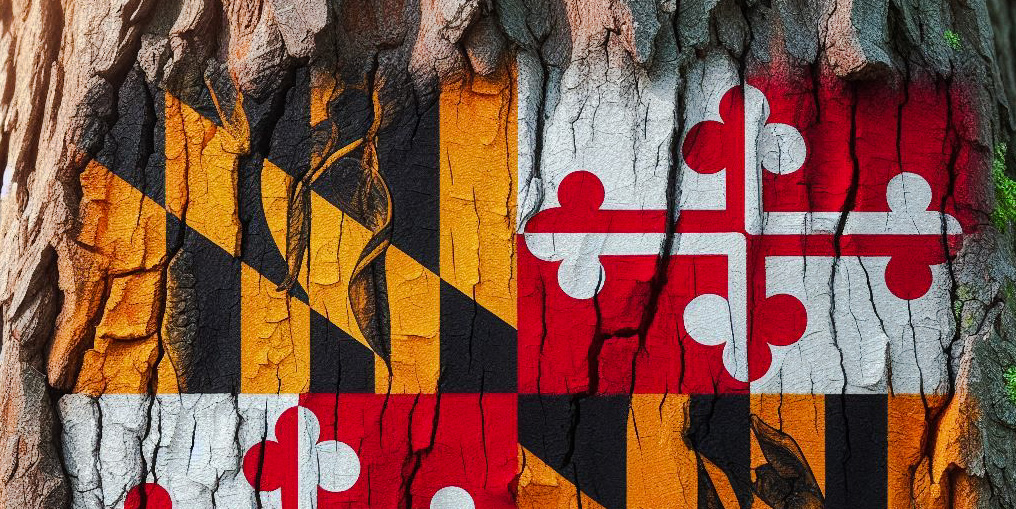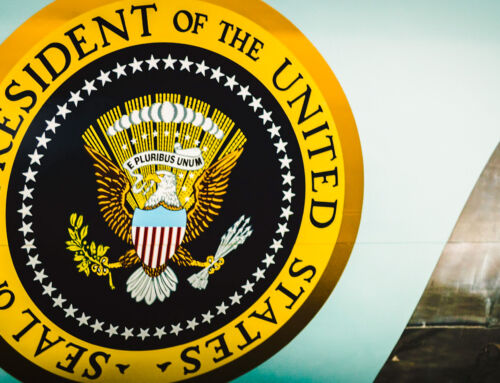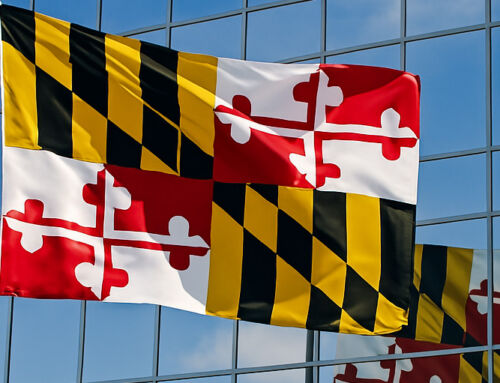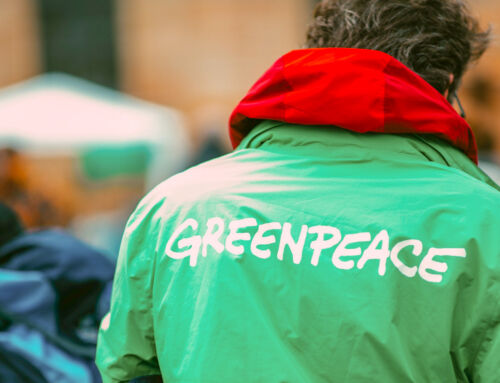View by Topic
Recent Articles
-
Migratory Bird Treaty Act Does Not Prohibit Incidental Take – AgainSaturday, April 19th, 2025
-
President Trump’s Bold Step to Rein in State Overreach in Climate ChangeSaturday, April 12th, 2025
-
Mandatory GHG Disclosures in Maryland Real Estate ContractsSaturday, April 5th, 2025
-
NYC Building Electrification Ruling is Interesting But Not a Game ChangerSaturday, March 29th, 2025
-
Greenpeace Ordered to Pay $667M in Blow to ActivismSaturday, March 22nd, 2025
View by Month/Year
“Green Building Law Update” Headlines
Recent Articles & News from
Stuart Kaplow’s blog
at GreenBuildingLawUpdate.com
- Migratory Bird Treaty Act Does Not Prohibit Incidental Take – Again April 20, 2025
- President Trump’s Bold Step to Rein in State Overreach in Climate Change April 13, 2025
- Mandatory GHG Disclosures in Maryland Real Estate Contracts April 6, 2025
- NYC Building Electrification Ruling is Interesting But Not a Game Changer March 30, 2025
Subscribe to the Green Building Law Update!
Stuart Kaplow brings his expertise and extensive experience to the table with his unique digital publication, "Green Building Law Update". Subscribers receive regular updates to keep them informed about important issues surrounding Environmental Law, Green Building & Real Estate Law, as well as the emerging demand for Environmental Social Governance (ESG).
Get fresh content through the lense of Stuart Kaplow's cutting-edge expertise, innovative commentary and insider perspective. Don't miss another issue! Subscribe below.

Maryland Governor Mandates Climate Action by Executive Order
Earlier this month, Maryland Governor Wes Moore signed an Executive Order leapfrogging Maryland to the front of all state climate efforts. No other government has enacted such a sweeping statewide green transition.
The Maryland Governor’s June 4th, 2024, Executive Order 01.01.2024.19 is summarized below:
Stated Purpose:
To lead and coordinate state efforts to implement Maryland’s Climate Pollution Reduction Plan, addressing the existential threat of climate change and promoting sustainability and environmental justice.
Background:
- Climate change threatens Maryland’s economy, resources, and public health, especially affecting marginalized communities.
- Maryland aims to reduce greenhouse gas emissions by 60% by 2031 and achieve net-zero emissions by 2045, with a goal of 100% clean energy by 2035.
- The Climate Pollution Reduction Plan projects significant public health benefits, income increases, and job growth.
Definitions:
- Climate Implementation Plan (CIP): A document outlining steps for state agencies to implement climate goals.
- Justice40 Initiative: A federal effort to deliver at least 40% of benefits from certain investments to disadvantaged communities.
- Zero-Emission Vehicle Infrastructure Plan: A strategy to deploy electric vehicle infrastructure in Maryland.
Whole of Government Approach:
- State agencies must address climate change, advance environmental justice, equitably implement laws and policies, and maximize federal funding.
- By November 1, 2024, each agency must submit a CIP detailing steps, funding, expected outcomes, and efforts to advance environmental justice.
Immediate Actions:
- State agencies must implement near term measures from the Climate Pollution Reduction Plan including decarbonizing the economy (i.e., all electric buildings [not limited to buildings 35,0000 sq ft and larger currently proposed to be decarbonized]).
- The Maryland Department of the Environment will propose a zero emission heating equipment standard regulation that will phase in zero emissions standards for heating equipment to reduce carbon pollution and “improve air quality inside homes and the ambient air,” pivoting from a justification of addressing global warming to indoor health and having the effect of banning not only natural gas, propane, and also heating oil in public and private buildings, large and small (but, maybe not including for cooking?).
- The MDE will propose a clean heat standard regulation to expand Maryland’s Renewable Portfolio Standard to the thermal energy system, mobilizing investment in clean heat solutions for homes and businesses.
- The Maryland Department of Transportation will enhance the Zero Emission Vehicle Infrastructure Plan, evaluate transportation project emissions, and set reduction targets for greenhouse gas emissions, and reduce vehicle miles traveled for the transportation sector (not just state government).
- The Maryland Energy Administration will develop a framework for achieving 100% clean electricity by 2035 “and determine if all or part of the proposed clean energy standard can be implemented through existing authority.”
Governor’s Subcabinet on Climate:
- Established to coordinate state efforts and reduce greenhouse gas emissions.
- Consists of various state officials and led by the Secretary of the Maryland Department of the Environment.
- Will submit annual progress reports on implementing the Climate Pollution Reduction Plan and state agency CIPs, including updates on federal funding opportunities.
General Provisions:
- The order will be implemented consistently with existing laws and regulations.
- Provisions of the order are severable to ensure the order remains effective even if parts are invalidated.
Effective Date:
This executive order is effective immediately, as of June 4th, 2024.
What is Not Included:
- The executive order is devoid of funding sources, not only for public buildings but also for businesses and residences.
- The order makes no effort to address housing energy affordability or reliability.
- The order does not propose where the new electricity will come from when today Maryland consumes about 40% more electricity than it generates.
Conclusion
The executive order mandates comprehensive economy wide actions in both the public and private sectors, to place Maryland ahead of all other states in mitigating climate change. Only the General Assembly can make laws and it is the role of the executive branch to execute those laws made by the legislature. Attempting to govern in the absence of legislative action, by executive order or otherwise is violative of the American precept of separation of powers. This executive order establishes a structure and deadlines for executive branch agencies’ coordinated and effective implementation of the Maryland Governor’s ambitious climate goals. Given that the Maryland General Assembly pushed back only months ago on similar greenhouse gas regulations and courts across the country have found energy policy regulation of this type preempted by federal law, it is unclear how those other two branches of government will respond to this executive order.
____________________
Please join us for our webinar “Offsets and RECs are in Your Future for Reducing Greenhouse Gases” on Tuesday, June 25 from 9 – 9:30 am EDT presented by Stuart Kaplow. The webinar is complimentary, but you must register here.









